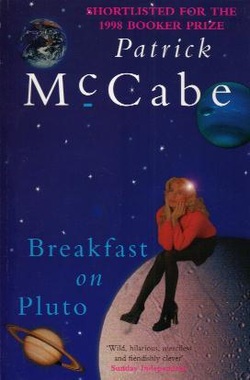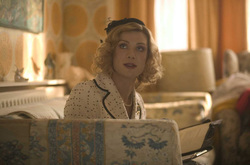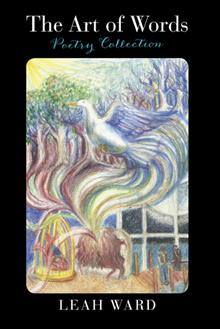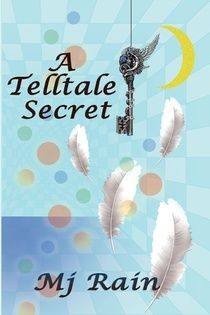
Most people know Breakfast on Pluto for the excellent film starring Cillian Murphy, but McCabe’s novel is equally delightful and inventive. Using the backdrop of the IRA attacks, Breakfast on Pluto is the story of Patrick ‘Pussy’ Braeden, a transgender Irish girl with a wild personality and a wilder imagination.

Very little fazes Pussy, even being caught in an explosion that leaves the people around her in pieces, or being arrested on suspicion of terrorism, so when something terrible does hit her, it’s very extreme, like a man trying to strangle her to death while she is working as a prostitute. But even this is decorated with flowery language, like it’s a story happening to someone else.
Pussy remains detached, narrating as she does in the third person, and affected speech patterns. It reads like she has not yet discovered her true identity, and that Patrick and Pussy are both characters she inhabits, although Pussy is the guise she feels the most comfortable in.
Breakfast on Pluto has very little to say about the nature of transgender identity. Pussy is trans, and that informs a lot of her character, but there’s no challenging stereotypes or existential battles here. Pussy is merely Pussy, she is here, she is telling you her story, and you just accept her as she is.
Pussy’s narration is occasionally confusing in ways that the film version is not, seeing events in the film that are only vaguely described in the novel. This allows readers, especially those who haven’t seen the film, to draw their own conclusions on certain events. And these differing conclusions may surprise you.
Breakfast on Pluto is ultimately a book that is not for everyone, due to its complex narrative structure and intentional purple prose, but for those readers who love characterisation to be expressed predominantly through turns of phrase, this book is a delight. Pussy is one of the most unique protagonists to be found in literature, and a fascinating contrast to the horrors experienced by the Irish during The Troubles. It is unjust that the book lives in the shadow of the excellent film, as Patrick McCabe is an exciting voice in literature who deserves to be recognised as such.





 RSS Feed
RSS Feed
